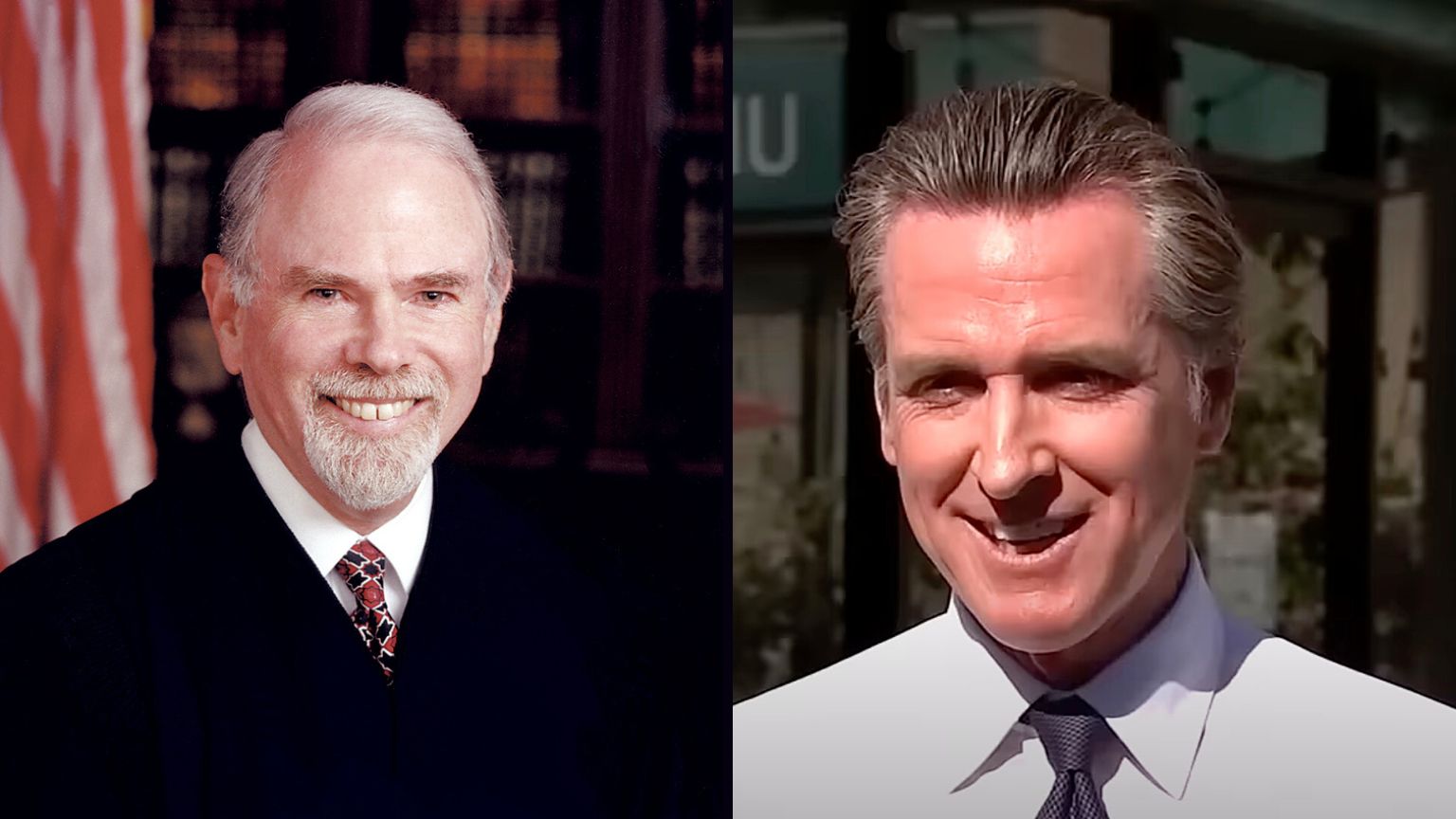A federal judge questioned the new California law that penalizes doctors for sharing COVID-19 “misinformation.”
The new law, which came into effect on January 1 this year, prohibits doctors from spreading what the state deems to be misinformation to patients, or risk being penalized for “unprofessional conduct,” which could result in their licenses being revoked.
Here’s a summary of the case so far if you’re not up to date.
Five doctors, Tracy Hoeg, Ram Duriseti, Aaron Kheriaty, Pete Mazolewski, and Azadeh Khatibi, sued Governor Gavin Newsom and members of the Medical Board of California.
The law has been challenged through separate lawsuits filed by two organizations and a group of doctors on the grounds of First Amendment violations. They filed a motion at the US District Court of Sacramento to hold the law until the cases are concluded.
In a hearing, Senior Judge William Shubb described the law’s definition of misinformation as “nonsense.”
We obtained a copy of the order for you here.
“Because AB 2098 [the misinformation law] implicates [plaintiff’s] First Amendment right to receive information, she has standing,” the court wrote.
“Vague statutes are particularly objectionable when they involve sensitive areas of First Amendment freedoms because they operate to inhibit the exercise of those freedoms,” the court added, referring to a 2001 case, California Teachers Association v. State Board of Education.
“When the challenged law implicates First Amendment rights, a facial challenge based on vagueness is appropriate.”
The court granted the plaintiffs a hearing to challenge the law and blocked the enforcement of the law until the case is decided.
The law defines misinformation as “false information that is contradicted by contemporary scientific consensus contrary to the standard of care.”
Shubb noted that “standard of care” is not a new principle, but argued, “contemporary scientific consensus” is.
According to Deputy Attorney General Kristin Liska, who is representing Gov. Gavin Newsom, a medical professional has to violate all three aspects of the definition of misinformation for punishment to be applicable; share misinformation, contradict scientific consensus, and go against the standard of care.
However, she refused to give examples of statements that would fit the definition, saying that it would depend on the circumstances. Shubb then asked how she expects medical professionals to know what would violate the law.





















